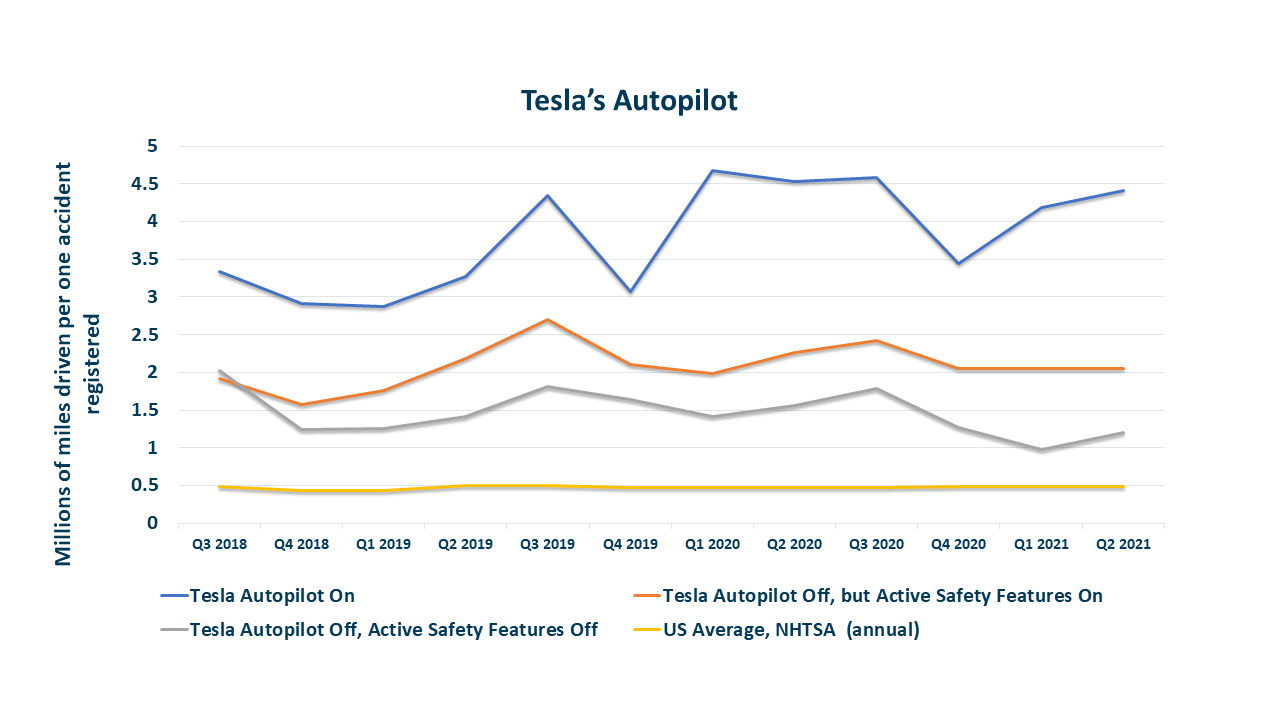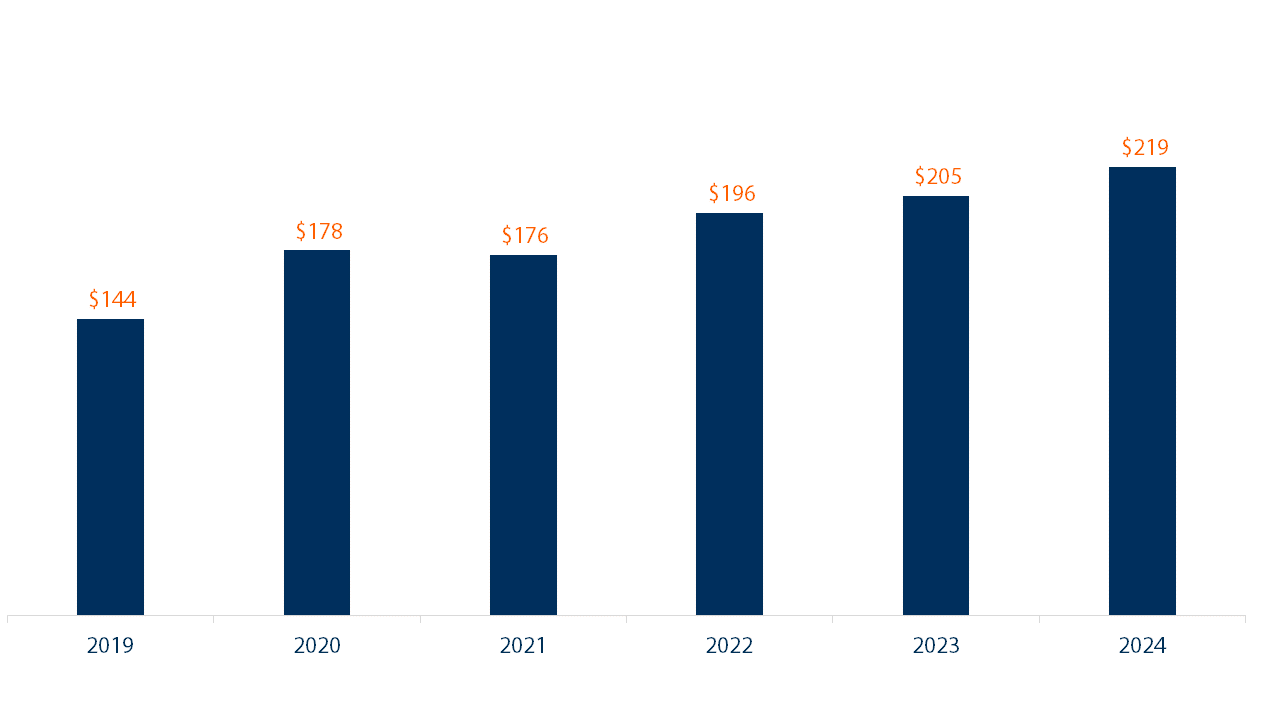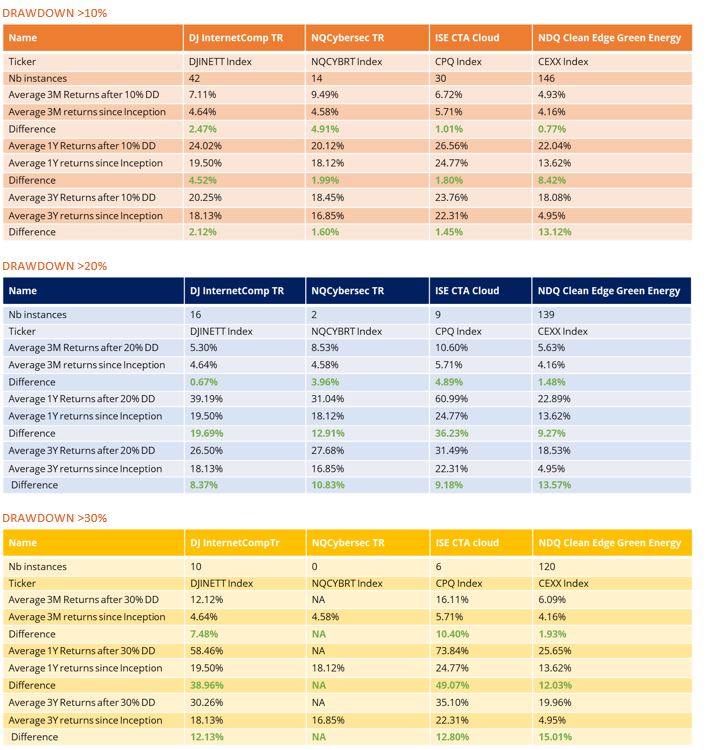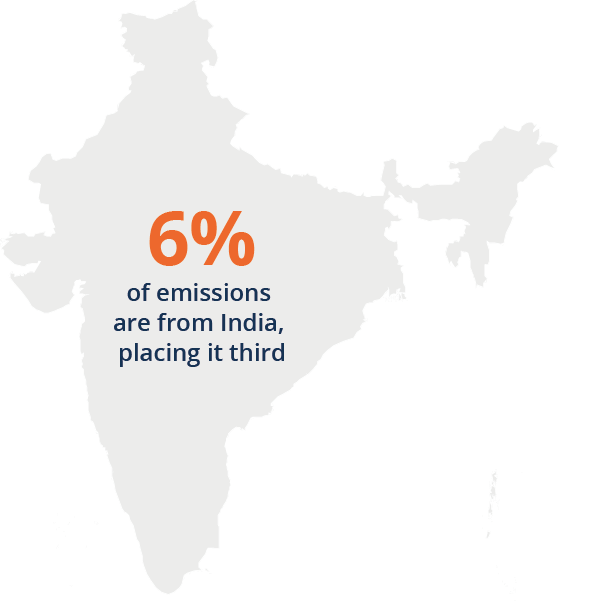James Cameron’s “The Terminator” might have instilled our fears about out-of-control intelligent machines. In the film Skynet, the artificial intelligence, leads an army of machines to destroy humanity. But instead of doomsday scenarios with humans cowering at the feet of their robot overlords or millions replaced by highly skilled androids, A.I. has emerged as one of the most significant forces behind both the digital transformation story and helping to keep us safe.
Losing jobs to machines has been happening for centuries; the spinning jenny replaced weavers, buttons replaced lift operators, while the internet drove the Yellow Pages out of business. However, many believe that A.I. has the capacity to positively impact our daily lives, not as a replacement technology, but as a collaborative one.
A.I. has actually been around since the 1950’s, when Alan Turing, now regarded as the “Father of A.I.”, created the “Turing Test” to determine whether a computer is “able to think”. Fast forward 70 years and A.I. is entrenched in almost every walk of life; communities; health care; buildings and utilities; farming and business; saving time, money, lives, and offering individuals a safer future.
However, it’s the emergence of autonomous driving which is one of the hottest topics.
At the 1939 World Fair in New York, GM shocked folks with its idea called “Futurama”, depicting what a city and its transport could look like in 20 years’ time.
1
It wasn’t until this millennium that autonomous driving would be spoken about as a modern-day technology. Companies are now taking giant strides in the field of A.I. to make semi-autonomous and autonomous driving capabilities a reality; scrambling to gain market share, with investments in autonomous vehicles reaching $120 bn between March 2017 and March 20192. In just a decade, autonomous driving has become a melting pot of R&D initiatives from Silicon Valley giants, with the likes of Amazon, Apple, and Microsoft entering the race to develop this technology.
The Software behind A.I.
Aside from the hardware element, there’s also the software that will tie it all together — namely, cloud computing and 5G.
The cloud allows engineers to dump a lot of the data processing off the vehicles themselves and onto more capable and updated servers — meaning that these autonomous systems remain constantly state of the art.
The 5G network could enable a lot of key features within these systems; having a more robust, faster, higher-bandwidth wireless data system will significantly boost the vehicle network’s capabilities.
Elsewhere cities could optimize traffic patterns, so cars will know ahead of time what the traffic signals will be at every junction, and vehicles will communicate with each other to ease everything from lane changes to optimising routes based on congestion.
How can the robots help?
A study by the National Highway Transportation Safety Administration (NHTSA) found that human error accounts for between 94% to 96% of all auto accidents
4. Despite this, a recent survey revealed that around 88%
3 of American drivers consider themselves to be “above average” at driving. Here autonomous vehicles should enable a safer future. Tesla, one of the first to deliver an “autopilot” publishes its own quarterly safety data. Interestingly, on average, nearly 10 times more miles are driven on Tesla Autopilot before an accident occurs than are driven by the average American driver before an accident occurs. Overall, one accident every 4.41 million miles is a marked improvement on one accident every 479,000 miles
5 (see chart below).


You may not know that gaming is worth more than the video and music industries combined, but Netflix does.
The video games sector now accounts for over half of the UK's entire entertainment market, while the global gaming industry revenues are worth $178bn (2021) – and are expected to grow to $220.5bn by 20251.
Consider this; more people watched the E-sports Championships in 2020 (495 million)2 than the Superbowl (92 million)3 and the finals of the Euro 20204 (328 million), combined. However, gaming wasn’t always such an attractive investment opportunity; hardware and software cycles, not to mention production and distribution costs eroded cash flow as physical games had to be produced, stored, and distributed to retailers, all negatively impacting margins. The arrival of the Cloud has transformed the entire industry. Video games’ have moved from cartridges inserted into a console to virtual apps downloaded on our smart devices (including TVs) at the touch of a button, turned millions into billions.
It’s little wonder we’ve seen the tech heavyweights of Apple, Facebook and Google involve themselves in this market in a bid to grab a share of the revenue stream and further diversify their business models. Take Apple for example – with its cloud gaming store allowing a seamless gaming experience for users without the need to subscribe or leave the platform. Google’s Stadia was meant to be the chosen one (a cloud-based console-less gaming service), but has struggled to convince gamers, owing to a lack of games and global coverage.
So why would Netflix, a ubiquitous verb in our daily lives, with a business synonymous with streaming, announce plans to enter the gaming world?
Globally, there are 4.6bn people online. More than half of them - 2.5bn - play video games5. China is a nation of 665 million gamers.6 In the US, a whopping 68% of its 330 million population plays at least one video game every day.7 All this makes gaming a juicy slice of the digital tech pie. Mobile gaming is the largest segment of online gaming with 57%8 of the entire market. Additionally, with the explosive growth of gaming over the pandemic, as well as a rapid expansion into AVOD and SVOD by competitive streaming services, Netflix actually lost nearly half a million subscribers. Its solution, it appears, is to enter gaming.
So what separates Netflix from the gaming pack?
The advantages Netflix has relative to its peers boils down to infrastructure and practice. But Netflix, rather than fight for the gaming throne, is battling for our attention. When its 213.69 million paying subscribers are bored of watching Squid Games and Stranger Things, they can simply switch their Apple and Android devices to gaming, effortlessly. Netflix appear not overly concerned about monetization at this point, much like how Apple receives a revenue stream from credit card transactions when we use our iPhone’s digital wallet to pay. It’s about monetising their ecosystem. Netflix’s main goal is to deliver entertaining gaming experiences, evolve over time, and extend its IP over its rivals.
Netflix moved quickly since its new business line hit the headlines; acquiring independent game developer Night School Studio, best known for narrative-driven titles like Oxenfree. While just days after its announcement, the company said it had hired ex-EA and Oculus exec Mike Verdu to head up its gaming division.
We believe we’re only beginning to scratch the surface of the true potential of the gaming industry, as users spend less and less time viewing “linear media” (i.e. traditional television viewing where the viewer must tune in to a specific channel on a television at an appointed time). NBCUniversal10 predicts that digital platforms will draw level with their linear counterparts in terms of user adoption and viewership within the next year.
The online gaming industry has been a major beneficiary from the digital ecosystem; embracing technological change and adapting businesses from physical (console) to a digital (smartphones) gaming model. For thematic investors, the gaming and streaming future appears bright, with smartphone penetration set to grow, particularly in the developed world.
Global Gaming Revenues - The Rise of a Multi-Billion Dollar Industry













Share